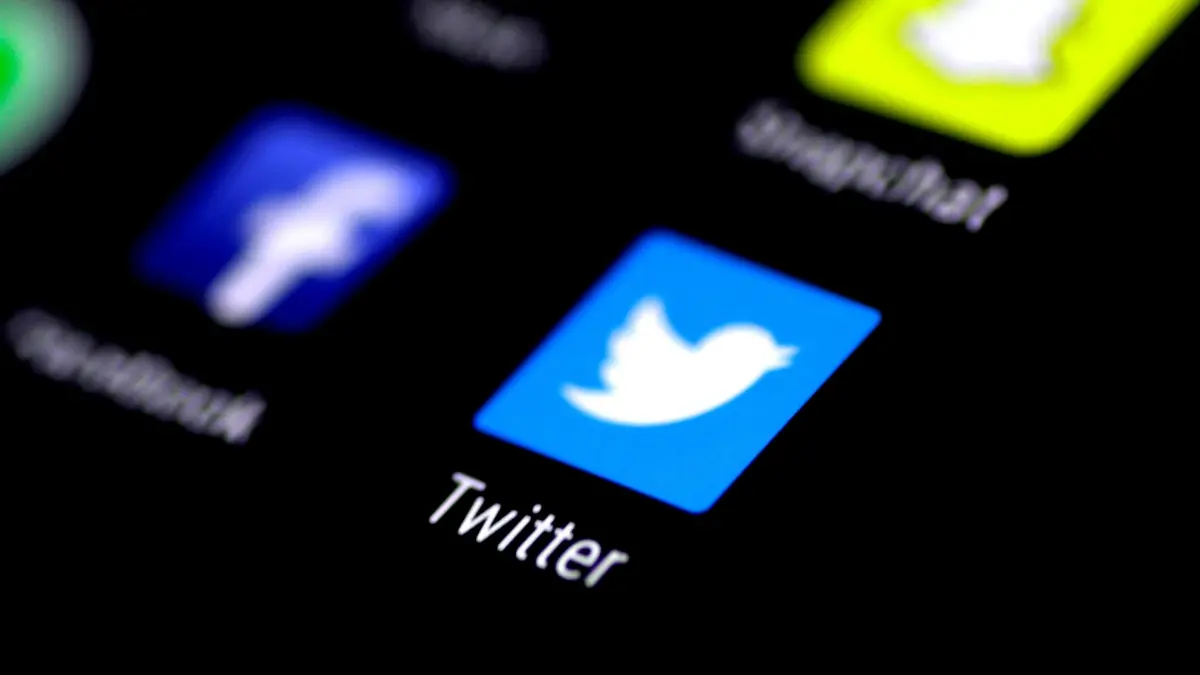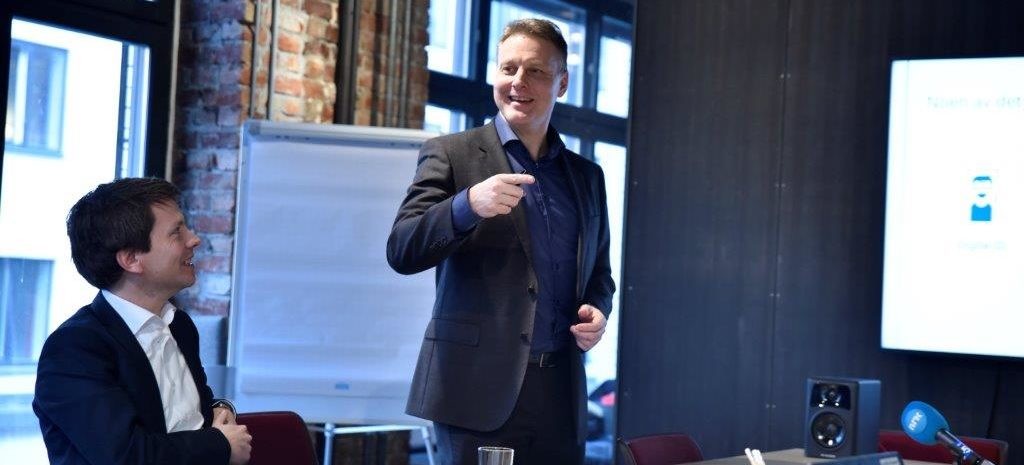Twitter said it would work with agencies to ensure that accurate and credible information is quickly available on its platform “when there is a dispute over the facts.” “Instead of waiting for something to go viral, Twitter will provide context for discussions as they develop,” the company said, adding that it was meant to anticipate the direction the conversation might take.
Currently, Twitter is responding to rapidly growing conversations about certain topics by asking its team to find reliable sources and offering them to users to prevent the spread of misinformation.
The newly announced collaboration will “increase the scope and speed” of these interventions by increasing “the capacity to add reliable context to conversations,” the company said. Since working with big names Reuters and the AP, he has pledged to increase the credibility of the information provided, as Twitter’s internal team currently “does not have special expertise or access to some reputable news.”
This year, Twitter also launched its Birdwatch system, which is based on the work of volunteers. They check the posts and mark the ones they think are misleading.
The work of another team of Twitter moderators, which monitors whether posts don’t violate the social network’s rules, will not change. For example, they prohibit sharing rigged newspaper articles, election misinformation, or violent or hateful content.
According to a study by New York University last year, Twitter employs a total of about 1,500 moderators. Less than 200 million active users on the social network every day.
Disinformation is often spread by the users themselves
As NPR and Poynter servers point out, disinformation is spread not only by the creators, but very often by the users themselves. The most common hoaxes and misinformation about coronavirus are spread through social networks like Facebook or Twitter. Although the Internet giant is trying to combat this, users find it difficult to work.
They often spread fictional news – they only believe what they read on the Internet. Not to mention a few messages that were shared tens or hundreds of thousands. Unknowingly, they help disinformation makers to earn a lot of money.
A similar case of global reach is a ready-made gold mine for disinformation makers. They use people’s fear and panic to direct them to their website. As a result, they profit from several million dollars in display advertising.

“Hardcore zombie fan. Incurable internet advocate. Subtly charming problem solver. Freelance twitter ninja.”






